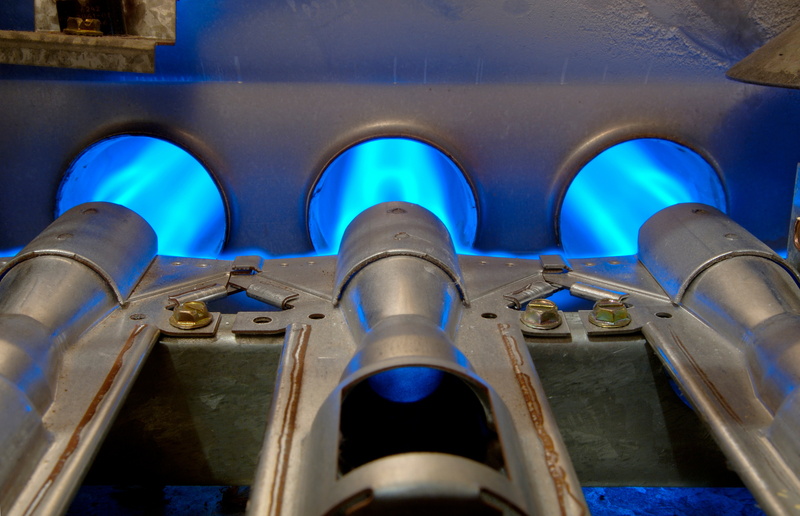Natural gas is our cleanest option when it comes to fossil fuels. It has a lower impact on the environment and it’s safe for your family. In fact, many homeowners prefer to have a natural gas heater over any other option because of its reliability. But what happens when your gas line is leaking?
Like everything, natural gas lines also pose some risks. Leaks are almost undetectable because natural gas doesn’t have a color or odor. But there are some signs you can pay attention to that may indicate your gas line is leaking. If you’ve been searching online for ‘gas line repair near me’ you can stop looking – you found us!
5 Signs of a Natural Gas Leak
Natural gas is in millions of homes across the country. Leaks are the greatest concern when it comes to natural gas because carbon monoxide can pose health risks to your family as well as fire hazards near the site of the leak. But when you pay attention to the following five signs, you can keep your natural gas lines safe and hazard-free.
- Unusual smells – Natural gas doesn’t have a smell, but some companies do add an odor to make leaks easier to detect. So if you smell rotten eggs or a similar foul stench, your gas line may be to blame. A potential gas leak is always an emergency, so call 9-1-1 right away if you suspect that your gas line is leaking.
- Hissing– When your gas line leaks, the pressure of the gas can make hissing sounds as it escapes the line. If the leak occurs somewhere in your yard, you may see mud or what appears to be standing water. If bubbles are present, that’s a good indication that you’re actually seeing a natural gas leak.
- Dying plants – If you have plants around your home, they should generally be healthy. Sure, some plant species are more difficult to care for than others. But if plants around your home are dying no matter what you do, you may have a natural gas leak. Natural gas blocks your plant from being about the absorb oxygen at its roots, so the leaves and stems will turn yellow and wilt.
- Persistent illness – If you or someone in your family is sick and the symptoms have lasted longer than a standard cold or illness, it may be carbon monoxide poisoning. Symptoms can include tiredness, headaches, nausea, dizzy spells, and even trouble breathing.
- Increasing gas bill – Your natural gas use should be pretty standard even though it fluctuates from month to month. You may use more gas in the winter when your heater is on, but even that increase should be predictable. If you notice that your gas usage is increasing without explanation, it may be due to a leak.
Take Precautions
You should be proactive in identifying natural gas leaks even if you have a carbon monoxide detector. Check your gas-powered appliances regularly and pay close attention to unusual sounds and smells. Don’t ignore any signs that may indicate a natural gas leak. It’s always better to be safe than sorry.
Our team is happy to inspect your natural gas lines for leaks if you have any doubts. Remember, every home has a valve that allows you to shut off gas from coming into your home. You can always switch this valve off temporarily until you get answers regarding your concerns.
Contact Kennihan Plumbing & Heating, Inc. today to schedule an appointment with our professionals. We treat your home like it’s our grandma’s home.

